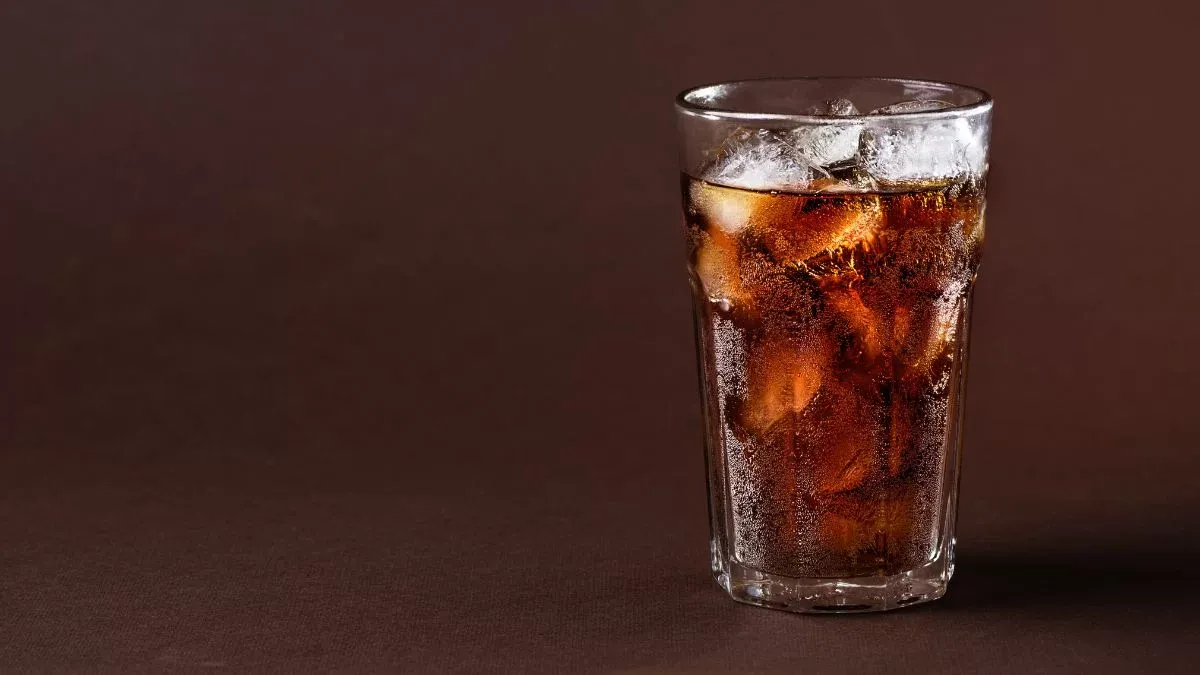Differences Between Mini Gastric Bypass Vs. Gastric Bypass
Bariatric surgery is one of the most effective weight-loss procedures. It comes in various forms, including gastric bypass and duodenal switch, the former being the most popular. If you are interested in gastric bypass, know that it comes in two versions, a mini bypass vs bypass. Understanding how they work and their differences can help you decide which one to go for.
Here is an analysis of mini gastric bypass vs. gastric bypass surgery.
The Procedure
Mini-bypass surgery was created as a less complicated version of the standard bypass. Although the two work the same way, restricting meal consumption and reducing the absorption of calories, the mini bypass is simpler and involves fewer risks. During the gastric bypass procedure, the doctors create a smaller stomach pouch, bypassing the small intestine and connecting it with the new stomach. However, for a mini bypass, the stomach is reduced but linked to the first part of the intestines.
Cost and Operating Time
As you can tell, the gastric bypass is more complex than a mini bypass, so you will expect to pay slightly more to get it done. Additionally, the two have almost the same operating times depending on the individual case. However, considering the mini bypass is a simpler procedure, it usually takes less time to perform, while a bypass can take up to two hours.
Hospital Stay and Recovery
On average, the number of days you will stay in the hospital after undergoing either of the procedures is the same: 2–3 days. However, gastric bypass patients may end up staying a little longer, depending on the individual, and some can stay for up to six days. Luckily, the recovery time in both cases is fast. However, given the more complicated nature of a gastric bypass, you will heal faster after undergoing a mini bypass.
Read More : Gastric Bypass Recovery
Post-Surgery Complications
The two procedures have a very small risk of complications. However, there are even lower risks involved after undergoing a mini gastric bypass. It is generally considered a safer option for patients because it doesn’t involve that much rerouting of the digestive organs. There are fewer chances of anastomosis, which is the leakage along the staple lines, but on the downside, gastric bypass is the go-to in terms of efficacy. There is a higher chance of losing more weight over time than after undergoing a mini bypass.
Let a Medical Professional Help You Make the Best Decision
In the comparison of mini bypass vs gastric bypass, the two have a fair share of advantages, making it challenging to decide which one to choose. When you contact our surgeons for gastric bypass surgery experts in NYC from Lenox Hill Bariatric Surgery Program, they will guide you in selecting the best option.





